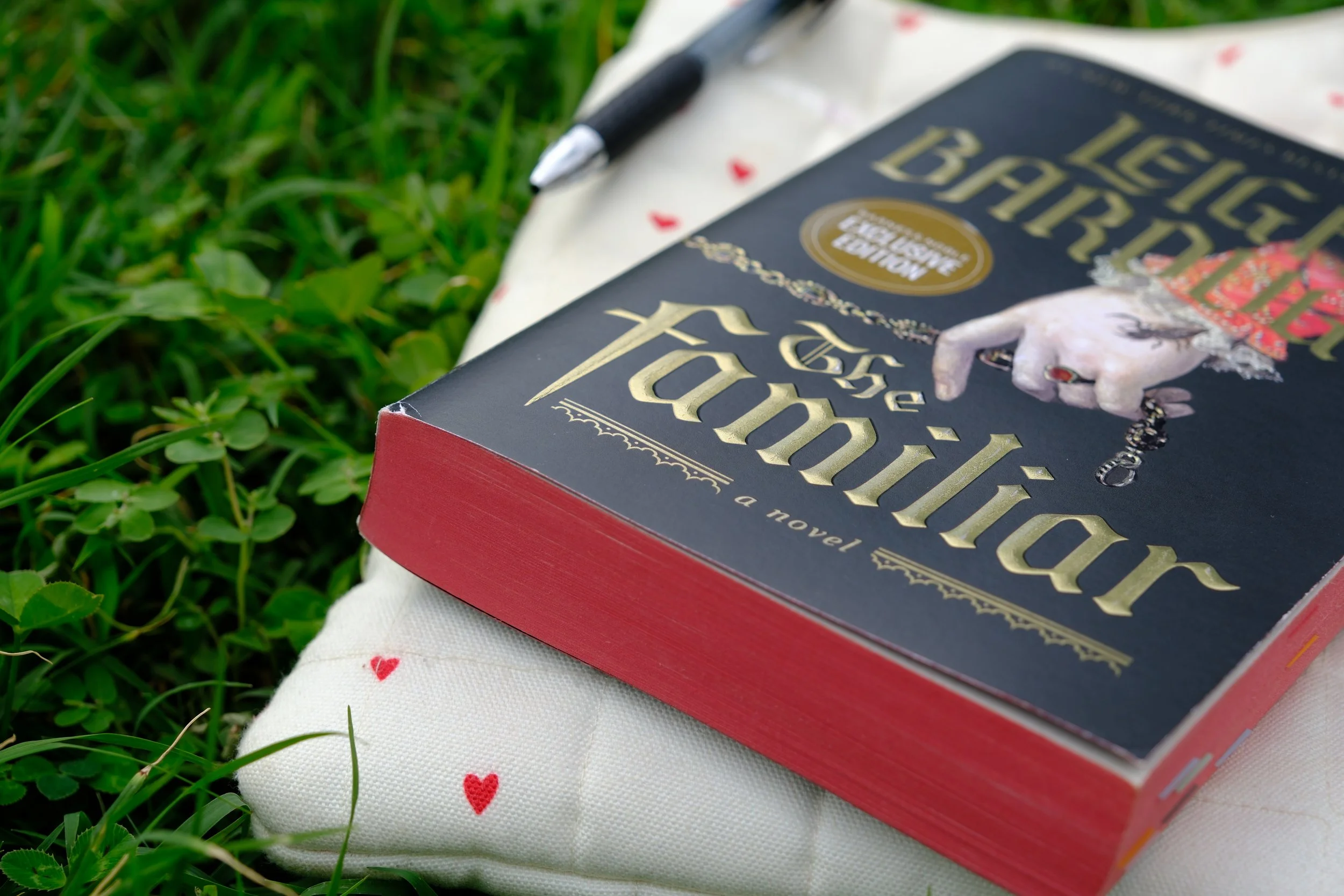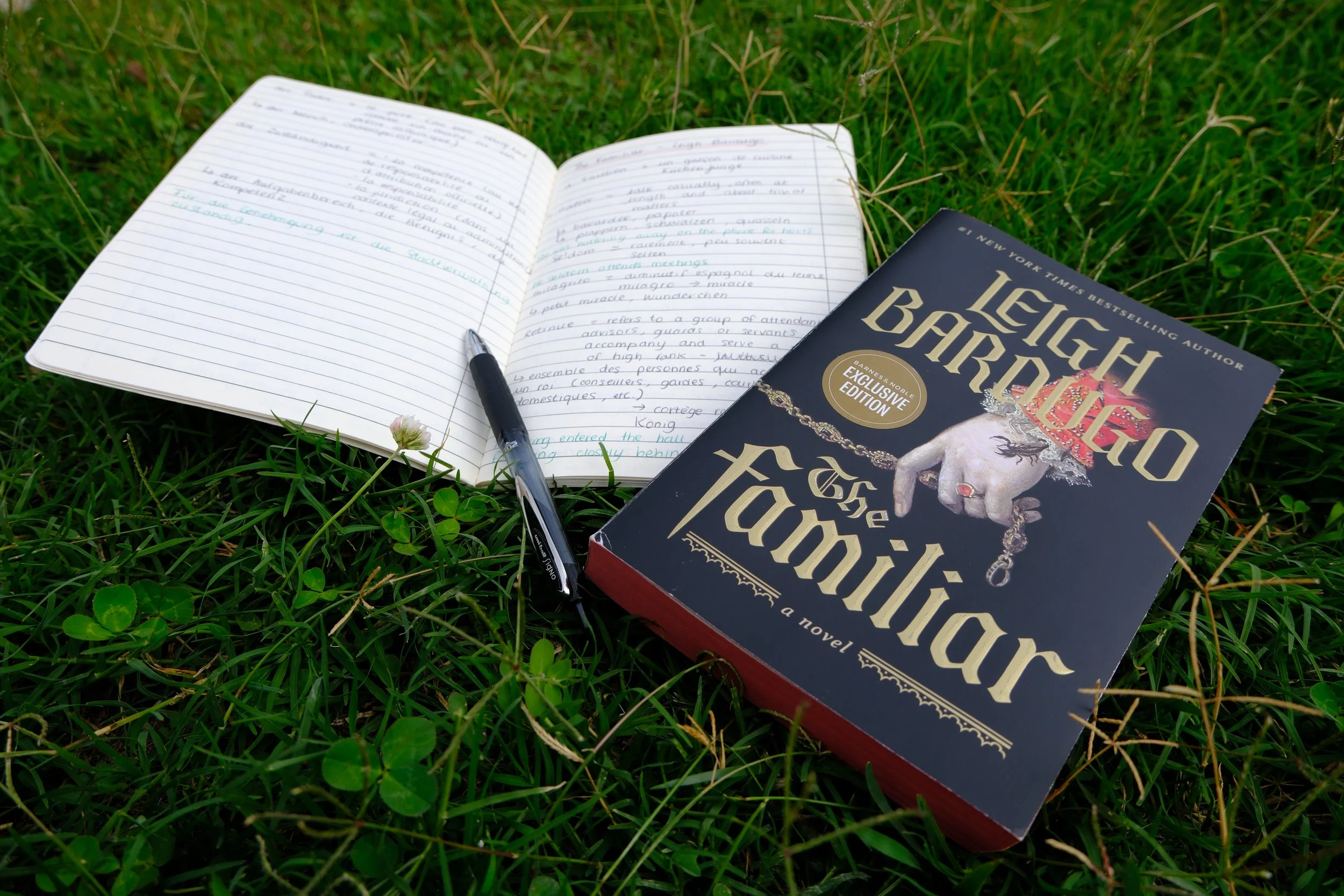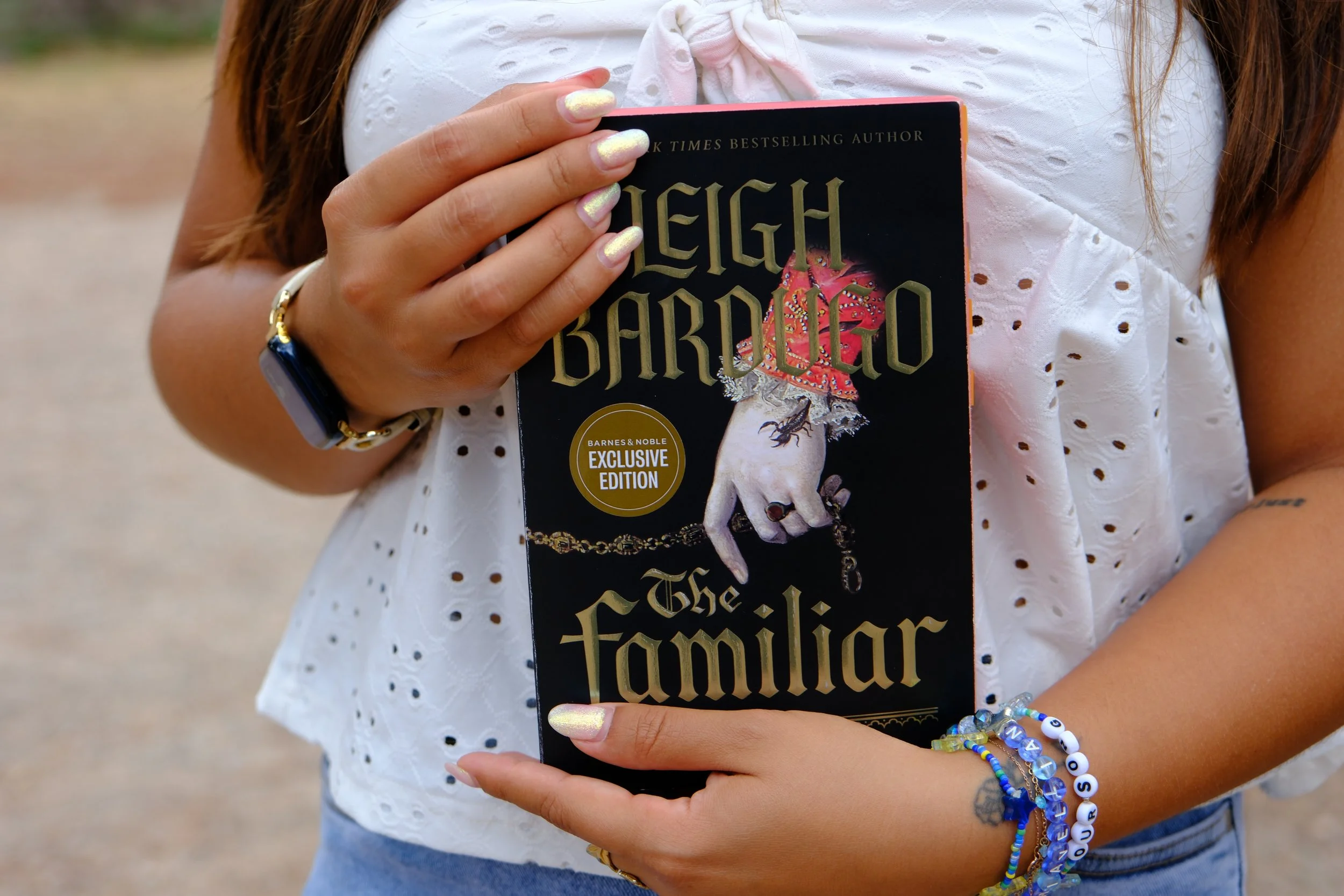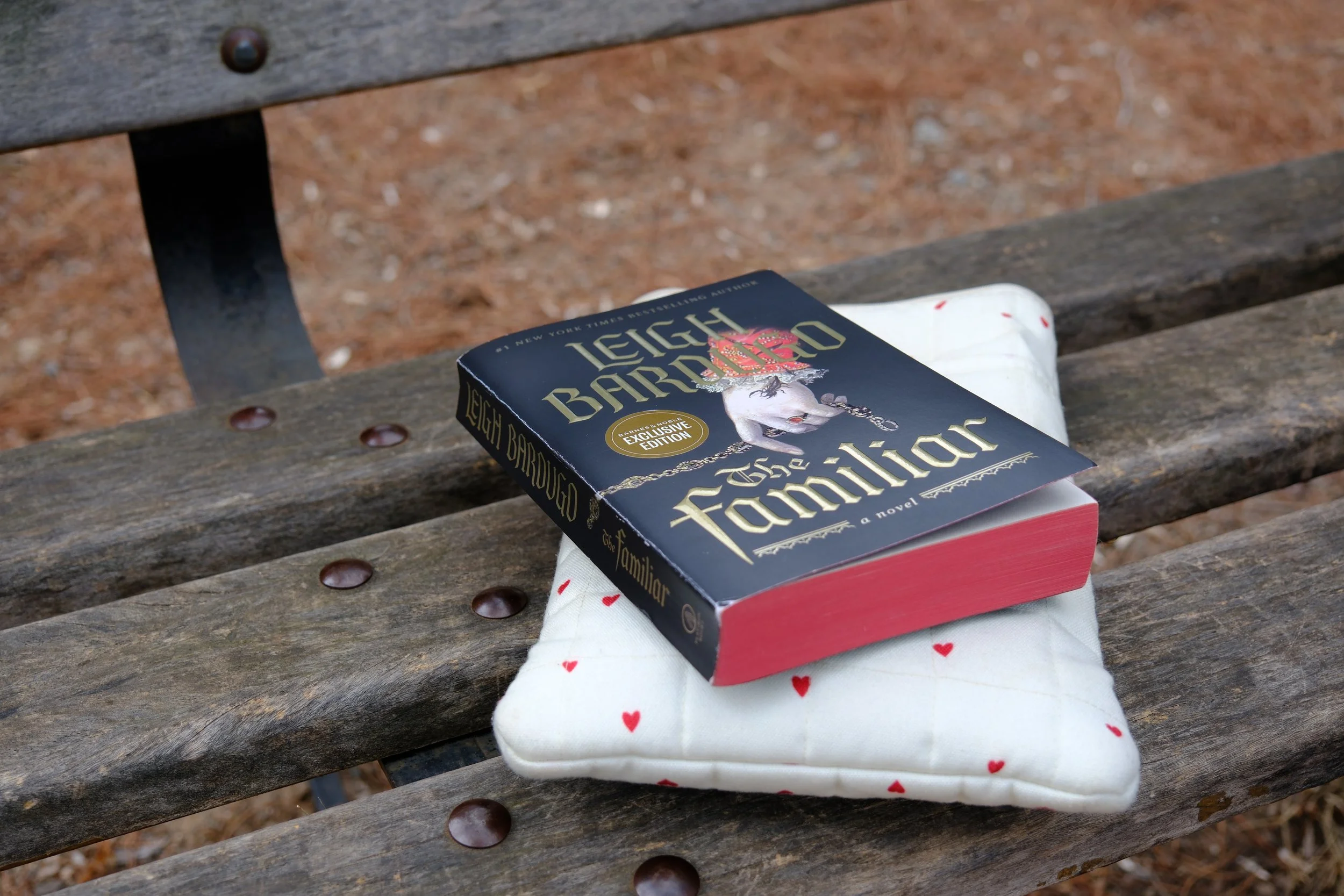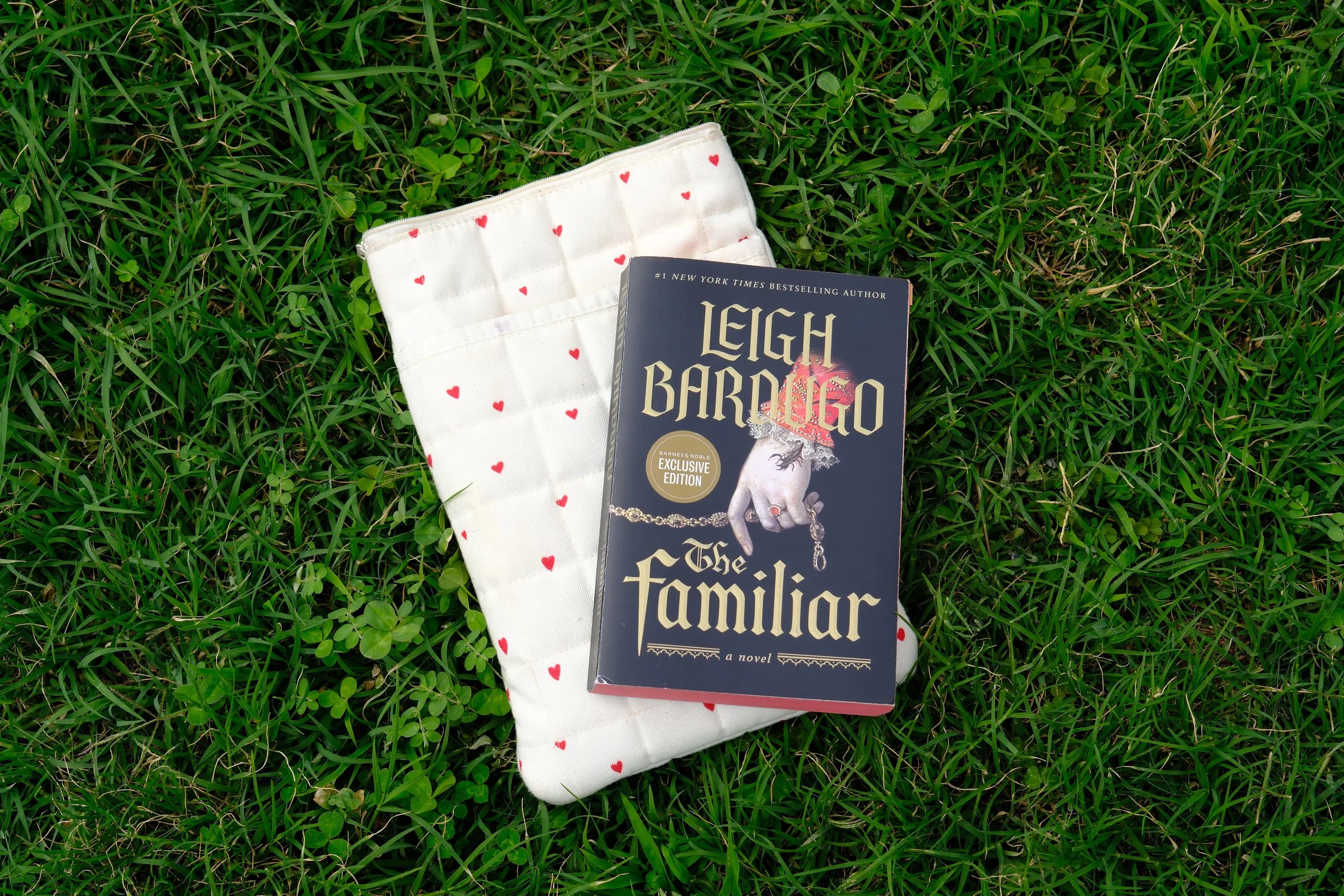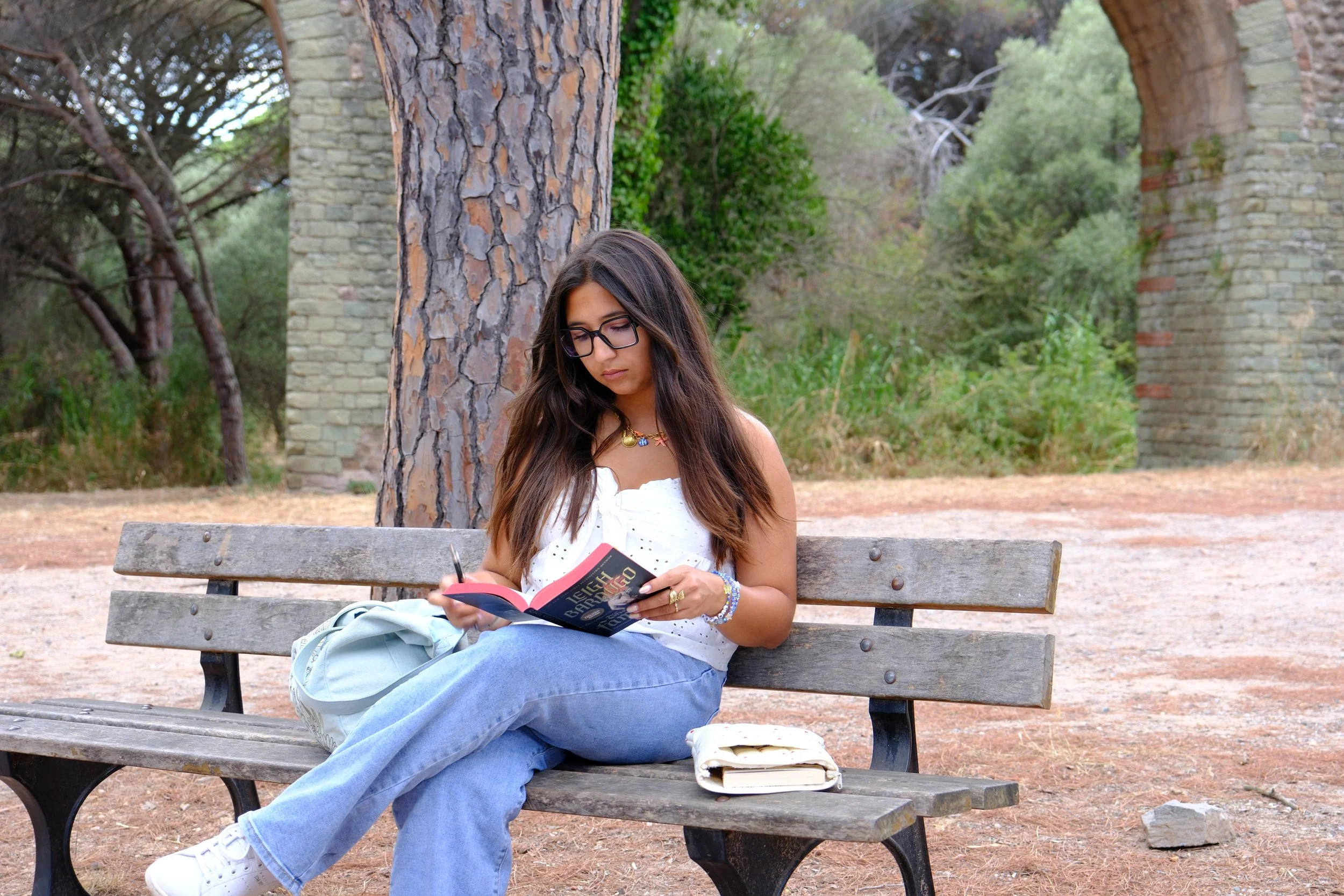The Familiar - Leigh Bardugo
This is a spoiler free review.
I’d never ventured into historical fantasy before, but the promise of a standalone historical fiction with a twist of magic drew me in and The Familiar did not disappoint.
The story unfolds in Spain, as the Inquisition rages its crusade against heresy. Isolated and hungry for more, Luzia Cotado, a scullion in a minor noble household, harbors two dangerous secrets: she possesses magical abilities (milagritos), and she is of Jewish descent. When her mistress Valentina (an unhappy woman in a loveless marriage with her husband Marius, grappling infertility, and the stigma of her family’s low status) learns of Luzia’s gift, she seizes the opportunity to curry favor with Spain’s elite.
The small miracles Luzia performs used to help her through easy daily struggles (unburn a bread, lighten a water bucket), but now, she’s thrust onto a perilous adventure. I enjoyed how believable her motives are: after all, who wouldn’t crave more from a life that feels too small? Luzia is a flawed heroine, struggling to find her place in an unjust world, and that felt relatable.
“… let it be my ambition and not my fear that seals my fate.”
Amid a brewing political disaster, Luzia must navigate a treacherous court where corruption reigns and loyalties are quiiiite ambiguous. Her only possible ally is Guillén Santángel, a wry, reluctant servant ignored or feared by everyone he meets. Between them flickers an unexpected bond: a shared loneliness, a companionship born of their outsider status. It isn’t a central romance; it’s just one thread woven into the wider narrative but I prefer subtle romantic undercurrent when it adds a genuine charm to the main storyline (side note: I would’ve fallen for him too, Luzia).
“Had Santángel been a true friend or a true advisor he might have said all these things. But he was a captive, and a captives only thought could be of freedom.”
The novel teems with shifting alliances, political machinations, and power‑hungry players willing to go to any lengths - at any costs. Luzia treads a fine line in a kingdom that venerates piety and ruthlessly punishes heresy. In this world, a miracle can become indistinguishable from a curse—and where heretic magic and divine intervention blur together with only the good will of presentation, faux-semblants and people above your status.
Luzia’s power is unpredictable but it is her only hope and her greatest risk. That tension is what really got me: I never knew whether to fear or root for her, and I found myself on edge from the first chapter to the very last. I was glued to the story: pining, hoping, thinking, and gasping at every page (I don’t exaggerate). I even had to set the book aside at times just to steady myself. Thank you, Leigh Bardugo, for giving me that thrill.
What made it so compelling was also that the intrigue revolves not only around Luzia but also a constellation of remarkable women (Valentina, Halite, Teoda etc.). Their unique lives, and the men entwined in them, are portrayed through the lens of each woman’s desires, hopes, and inner thoughts - and I was fond of each and everyone of those crumbs of reality Bardugo portrayed through hem.
I was completely swept up by Bardugo’s prose and the narrative (admittedly, I didn’t understand every word, but it enriched my vocabulary all the same). Grounded in well researched 16th‑century Spain, the world she paints is one of rigid social hierarchies, religious paranoia, and might and it matched perfectly with the slips of magic that sept through the cracks of everyday life in her story.
Speaking of: the magic system fits right in, no long explanations or complications - it was pretty straightforward and intuitive. That blend of the factual and the fantastical won me over and has inspired me to seek out more historical fantasies. I was immersed in the story and couldn’t put it down.
One caveat: the story shifts between multiple POVs, and characters often go by different names or titles depending on who’s speaking. For example, Valentina’s “widow,” Catalina de Castro de Oro, is called “Hualit” in Luzia’s chapters, which can be a bit disorienting at first.
Overall Evaluation & Rating
Anyway, this has inspired me to maybe dive deeper into Leigh Bardugo’s work. I hadn’t been completely captivated by her Grisha trilogy when I read it back in 2022, and therefore hadn’t tackled the duology yet. I’ll certainly be reading it now, especially since her writing might have improved between the Grisha Trilogy and the Crow Duology.
enjoy me reading
Quotes I loved
“It was the feeling of remembering great happiness you will never have again, the first flush of desire you know will never be consummated but that you can't help but hope for anyway, the desperate longing to see your beloved even when you know you are not loved in return.”
“ “Fear men, Luzia,"he said. "Fear their ambition and the crimes they commit in its service. But don't fear magic or what you may do with it." It was the closest he could come to honesty.”
“Valentina didn't care anymore that she had lived a life without love. She wanted only to know that it existed in the world and could be saved.”
